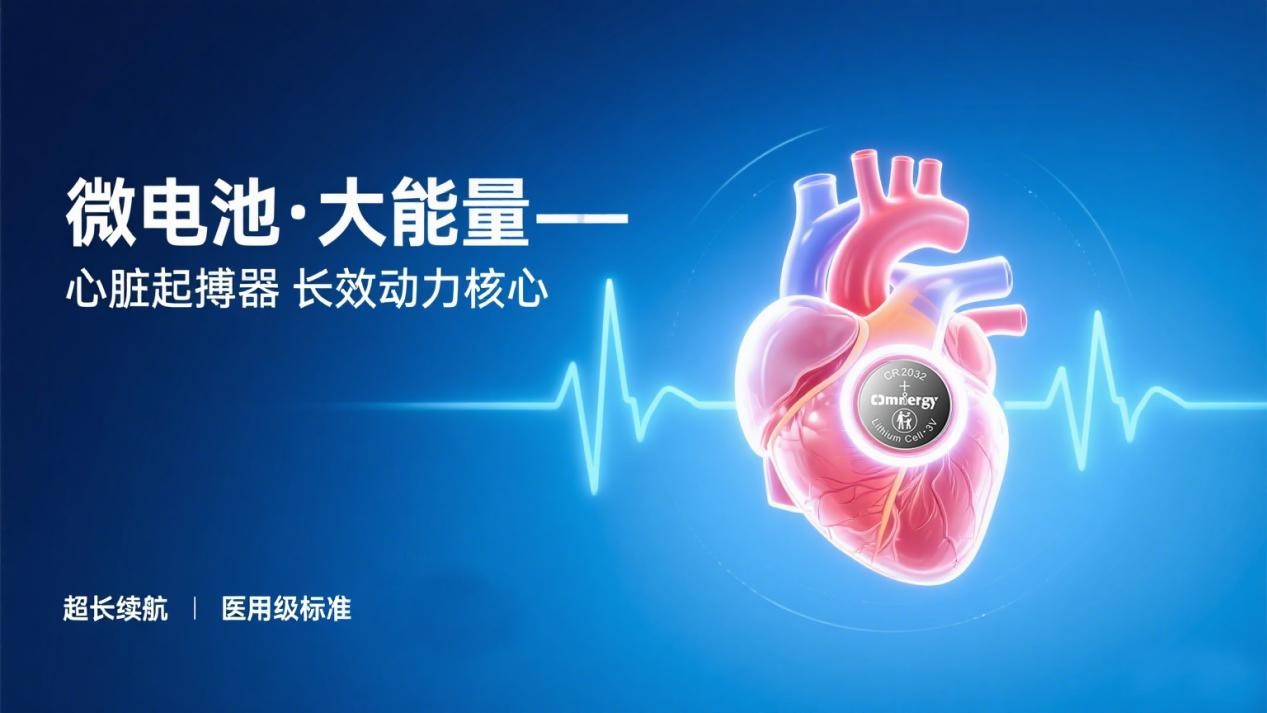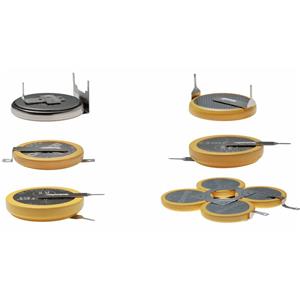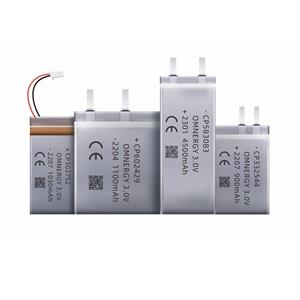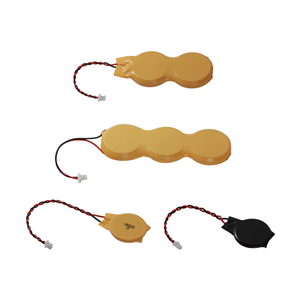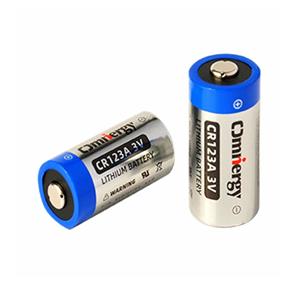Why do pacemakers choose disposable button batteries?
Why do pacemakers choose disposable button batteries?
A pacemaker is a small electronic medical device implanted in the body, primarily used to treat a slow heartbeat (bradycardia). Its core function is to monitor the heart's own electrical activity and, if the heart beats too slowly or stops, send weak electrical pulses to stimulate the heart muscle, causing it to contract at a normal rate and thus ensuring adequate blood supply to the body. The design of these batteries must meet the stringent requirements of implantable medical devices for long life, high safety, and stable voltage.
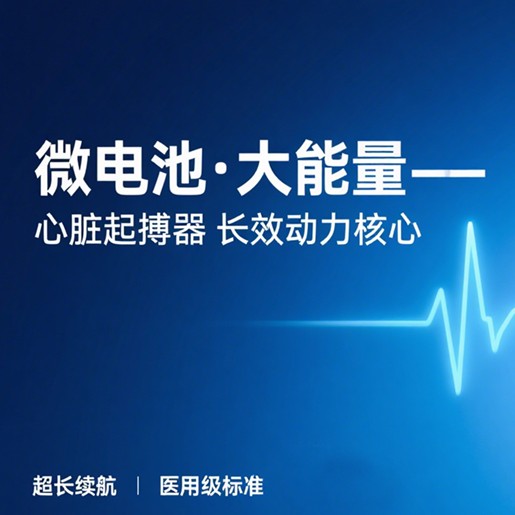
Non-rechargeable design
Pacemaker batteries need to be implanted the body for extended periods. Disposable (non-rechargeable) batteries can avoid safety risks (such as heating and leakage) caused by repeated charging and discharging. Currently, mainstream products is disposable lithium batteries, which typically require replacement every 5-10 years.
Long life and low self-discharge rate
The life of ordinary button batteries is about 3-5 years, but medical-specific models (such as lithium carbon fluoride batteries) can achieve a storage life of 5-10 years through material optimization, with a low annual self-discharge rate, significantly reducing the frequency of surgical replacement.
The pacemaker is one of the greatest inventions of modern medicine and the most effective and safest treatment for symptomatic bradycardia. Using a sophisticated electronic system, it simulates the heart's own electrical signals, ensuring the heart beats at the rate required to sustain life, significantly improving patients' quality of life and saving countless lives.
Power Glory has over 20 years of experience in supporting smart medical equipment and has strict quality control and safety testing to ensure that every user is provided with the highest quality and reliable power supply.

